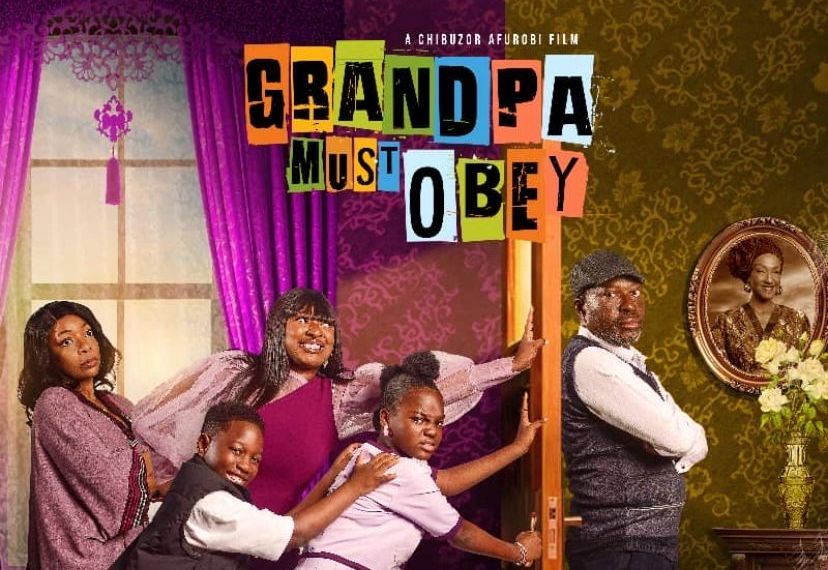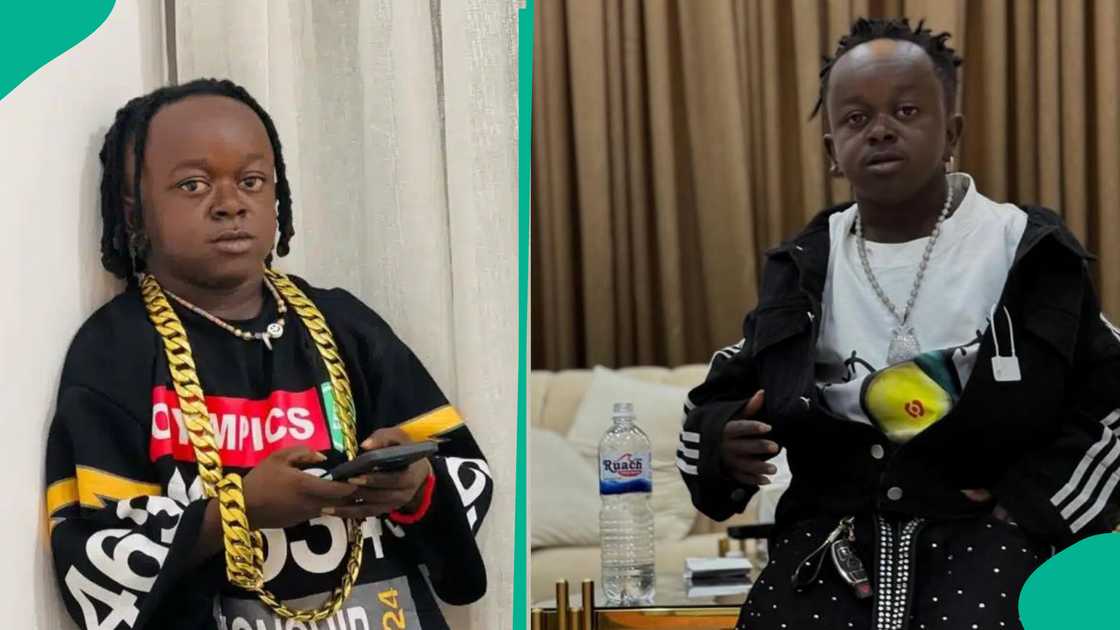For years, the Mainland Block Party has served as the heartbeat of contemporary Lagos nightlife, drawing massive crowds of young people eager to vibe to pulsating Afrobeats and energetic Amapiano rhythms. As a celebrated fixture in the city’s social calendar, it’s become synonymous with youth culture and bursting creative expression. Yet, during its most recent edition, attendees were treated to a truly unexpected highlight: legendary Fuji artist Saheed Osupa graced the stage, challenging norms and broadening musical horizons in spectacular fashion.
A genre deeply embedded in Nigeria’s cultural tapestry, Fuji music originally blossomed from the streets of Lagos and has long been the soundtrack for many of the older generation. However, it’s not typically the sound one expects at a youth-centered event dominated by TikTok-viral artists and dance anthems. Osupa’s surprise appearance nevertheless felt timely—his tracks, classic and new alike, have been making fresh waves on social media, heralding a contemporary revival of the Fuji sound among Gen Z listeners.
As the lights beamed down and the crowd swelled with anticipation, Osupa stepped forward, his signature baritone electrifying the air. Within minutes, the tentativeness dissolved into sprawling cheers. Mobile phones shot up, capturing the moment as the veteran performer delivered a set that deftly merged old-school Fuji flair with renewed vigor. By the second song, the boundary between generations had blurred; dance moves familiar to both uncles and teens swept through the crowd. It was a scene that spoke volumes about the enduring power of Nigerian music to unite, transcend, and evolve.
The ripple effect of this performance extended well beyond the concert grounds. On Instagram, comments poured in. One listener, @adeshileoyedokun, declared: “Long live the king of music in general.” Another fan, @emanuelkirk, reflected, “No age limit to good music.” The sentiment was widely echoed by attendees who praised the event organizers for taking a cultural leap—integrating Fuji into a lineup typically reserved for mainstream Afrobeats and South African Amapiano. Many called Osupa’s appearance one of the standout surprises of the night, citing the atmosphere as electrifying and joyous.
According to Lagos-based sociologist Ifeanyi Obi, “This kind of crossover is exactly what Lagos needs. When older genres meet youth culture on their own turf, it promotes healthy respect and curiosity—two things that help keep our music industry thriving.” Obi emphasized that, with Nigeria being home to more than 200 million people—over 60% of whom are under 25, according to the National Population Commission—events that nurture dialogue between generations are not just entertaining, but culturally crucial.
Music journalist Chika Akande, writing for a popular entertainment outlet, noted that Fuji is experiencing a mini-renaissance. “Streaming platforms have empowered young Nigerians to curate their own playlists and explore genres outside of the usual rotation,” she explained. “It’s no surprise that classic Fuji, especially from legends like Osupa, is being rediscovered; its storytelling and energetic percussion naturally lend themselves to dance floors and social media trends.”
Indeed, this resurgence is not occurring in isolation. Across West Africa, traditional musical genres are being sampled, remixed, and reinterpreted by a new generation of artists and fans. In Ghana and Sierra Leone, highlife and other heritage sounds are also making a comeback via local block parties, fashion events, and online challenges. The trend demonstrates a regional appetite for hybrid experiences that blend nostalgia with innovation.
Mainland Block Party itself has blossomed since its inception, now ranking among the city’s most anticipated youth gatherings. With thousands in attendance and a reach stretching to neighboring states, it’s more than just a party—it’s a bellwether for Nigeria’s fast-moving nightlife and pop culture trends. Ajayi Adedeji, co-organizer of the event, told reporters that incorporating Osupa was a deliberate move to “remind young people where our sound comes from while still letting them dance to their favorite jams.” He added that future editions may continue to embrace unconventional genre blending.
Global perspectives further highlight the importance of such cultural intersections. According to the International Federation of the Phonographic Industry (IFPI), Nigeria’s music industry is one of the fastest growing in the world, not just because of Afrobeats’ global takeover, but also due to the country’s open embrace of diverse sounds and heritage. Events like Mainland Block Party, with their willingness to adapt and experiment, showcase a model for other West African cities looking to promote local talent while remaining relevant on the international music stage.
Despite the overwhelmingly positive reception, some challenges still exist. Critics occasionally point out that legacy acts may struggle to connect with audiences raised on a steady diet of digital-first music. However, Osupa’s powerful performance—and the social media buzz that followed—proves that with the right platform and an open-minded crowd, music can find new meaning and resonance. As general manager of a leading Lagos club, Bisi Olamide, puts it: “You can’t force culture, but you can create opportunities for people to rediscover it. The excitement at Block Party is a sign that the younger generation is willing to embrace their roots—on their own terms.”
This blending of musical traditions may also pave the way for further artistic collaborations. Already, some Afrobeats producers are sampling Fuji rhythms, and major festival organizers are rethinking their line-ups to include heritage acts alongside today’s chart-toppers. From the vantage point of both fans and industry stakeholders, such diversity represents a win-win: preserving culture while pushing creative boundaries.
In the wake of Osupa’s show-stopping set, the true legacy of that night may well be the conversations sparked among the thousands of young people in attendance—and the many more who watched online. As Nigeria continues to solidify its status as Africa’s music capital, events like Mainland Block Party demonstrate the immense power of cultural fusion to inspire, energize, and unite.
How do you feel about the merging of traditional sounds like Fuji with contemporary music at youth events? Have you experienced a memorable performance blending the old and the new? Drop your thoughts in the comments, share your Block Party experiences, and don’t forget to follow us for the latest on Nigeria’s vibrant entertainment scene!
For general support, you can also reach us at support@nowahalazone.com.
Join our growing online community: Facebook, X (Twitter), and Instagram for all the hottest entertainment news, trends, and stories!










